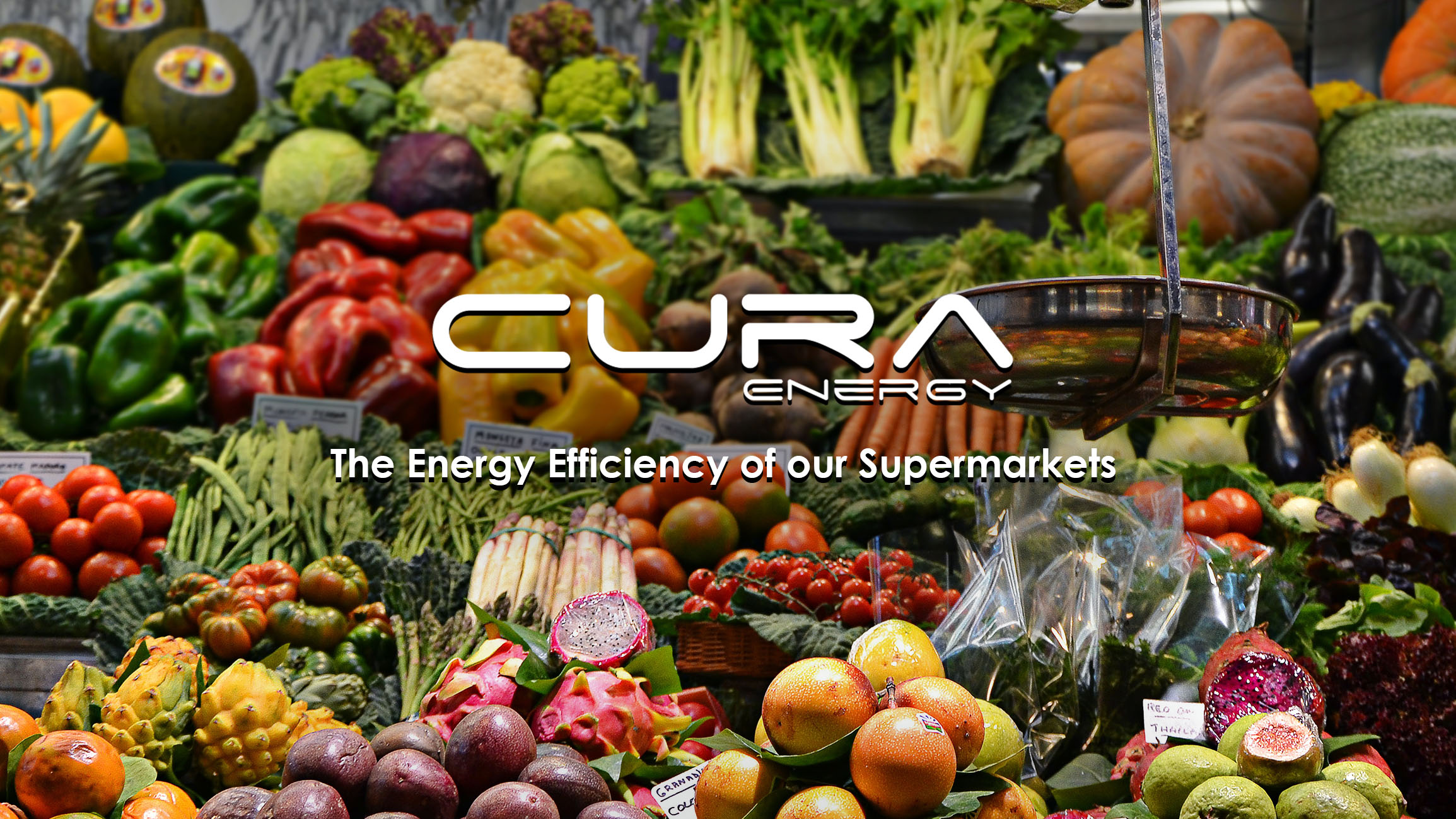How are the UK’s Big 6 supermarkets working towards improving their energy efficiency?
Exploring how supermarkets are achieving their Net Zero emissions goals...
Being the source of 3% of the nations' greenhouse gas emissions, the UK’s Big 6 supermarkets take particular care in reassuring customers of their targeted carbon commitments, but what exactly do these involve?
First of all, renewable energy...
Are supermarkets using renewable energy?
Yes – in abundance. A great starting point for supermarkets to action their Net Zero pledges is to begin sourcing their electricity from renewable sources. All ALDI, Lidl, Tesco, Sainsbury’s and Morrisons stores are powered by 100% renewable electricity with ASDA not far behind. ASDA have pledged to have end to end Net Zero emissions by 2040.
Many supermarkets are becoming more energy efficient by generating their own renewable energy with technologies, like solar panels. An energy generation technology particularly popular with supermarkets is refrigeration technology. Sainsbury’s Olney supermarket has a fully integrated heating and cooling system within their refrigeration that serves the store’s heating and cooling needs by taking advantage of waste heat – making the store abundantly more energy efficient.
But it's not just the stores...
How are supermarkets improving the efficiency of their delivery vehicles?
To reduce their fuel emissions, many UK supermarkets have started to use bigger trailers on their HGV vehicles. Although, most are now focussing on using electric vehicles. ASDA want their online delivery fleet to be fully electric by 2028, Sainsbury’s have already introduced some electric refrigerated lorries and Morrisons are trialling both electric and hydrogen-powered vehicles.
Some supermarkets are also encouraging their customers to go electric themselves. Tesco are a good example of this, having a partnership with Volkswagen and PodPoint that allows them to introduce more EV charging points to their car parks. They recently installed EV charging points in their 600th store.
